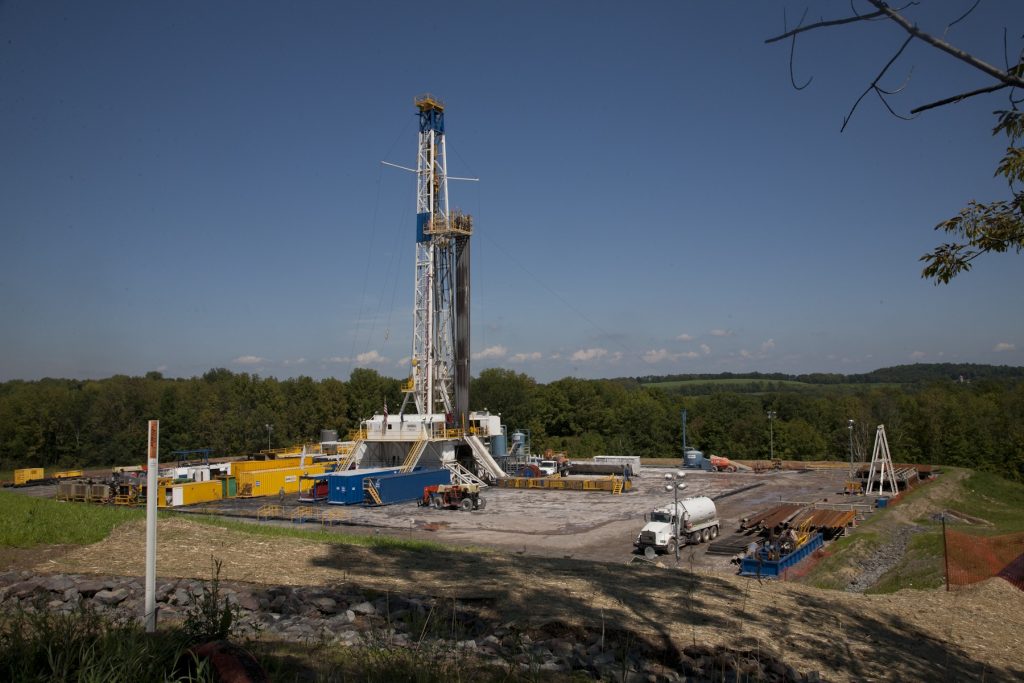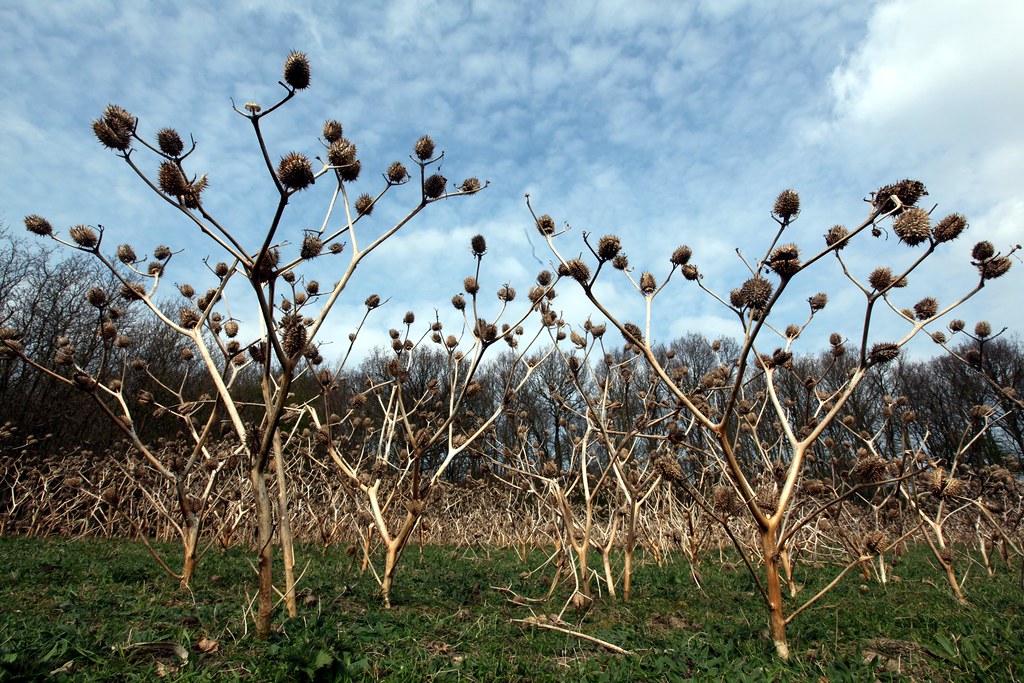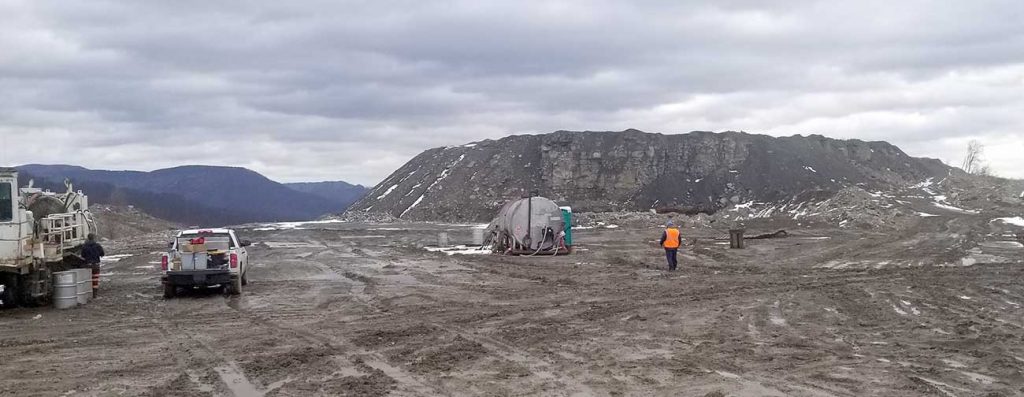Cleaning Up Coal Ash
For well over a century, power plants across the country have burned coal to generate electricity. And for just as long, leftover coal ash has been dumped in open, unlined pits near the power plant, usually located on a river or lake. Every year, U.S. power plants produce 130 million tons of coal ash, which is the second largest waste stream in the country after municipal garbage.
Coal ash concentrates the toxic heavy metals found in coal, including arsenic, mercury, lead and selenium. Stored in unlined, wet impoundments, coal ash has been leaking these toxics into our groundwater and surface waters for years. Sometimes these impoundments collapse — with disastrous results.
Yet government regulations for coal ash management are either non-existent or sparse, and there is little enforcement of the regulations that do exist. In North Carolina, this lack of oversight — and the complicity between state regulators, elected officials and Duke Energy — came to a boiling point in February 2014 when one of Duke’s coal ash impoundments spilled 39 million tons of ash into the Dan River.
Citizens living near North Carolina’s 33 coal ash impoundments — all of which have leaked — have fought for transparency from Duke and the state, and for cleanup of the pollution that threatens their property value, health and family. Their actions forced this issue into the headlines of news networks and to the forefront of environmental justice conversations in the United States.
Appalachian Voices stood with these communities as we worked for years to compel Duke Energy and the N.C. Department of Environmental Quality to excavate coal ash from all the North Carolina sites and dispose of it either in lined, dry landfills, away from waterways, or by recycling it for concrete or other uses, provided it’s done in a manner that protects public health and the environment.
On Jan. 2, 2020, North Carolina announced a historic settlement with one of the state’s most powerful corporations and polluters, Duke Energy. The settlement requires Duke to move nearly 80 million tons of toxic coal ash at six of its power plants to properly lined landfills onsite or recycle it.

Learn information about specific coal ash impoundments in the South, including health threats and safety ratings:
Additional Resources
Fact sheets, videos, links to academic research, and more
Sign Up to Act
Help us protect the health of our communities and waterways.
Latest News
Endangered Tiny Tarantula Faces Habitat Loss
An endangered, tiny tarantula living in moss in the Appalachian Mountains is losing more of its habitat.
10 New Spider Species Discovered in Appalachia
Researchers have discovered 10 new spider species that have adapted to the subterranean habitat of Appalachian caves.
Appalachian Voices awarded EPA Environmental Justice Collaborative Problem-Solving Cooperative Agreement Program Funding
Appalachian Voices partnered with five Southwest Virginia governments and communities, including Clinchco, Dante, Dungannon, Pennington Gap and Pound on a three-year proposal to map, plan, and implement community-driven initiatives to build more resilient communities.
Activists Rally Over Pending Fracking on Ohio’s State Lands
A governor-appointed commission could begin approving fracking leases on Ohio’s state lands as early as next month. A rally to oppose the leases will be held Friday, Oct. 27 at noon at the Ohio Statehouse.
Bewitched Botany
Discover the sinister beauty of four toxic plants that call the mystical Appalachian Mountains home: pokeweed, dolls’ eyes, climbing nightshade and jimsonweed.
Advocates support calls for full investigation of modern mine reclamation crisis
Leaders from coal-impacted communities are strongly backing the call from members of Congress for a federal investigation into the full extent of the damage caused by the coal industry’s failure to adequately clean up its mines.











